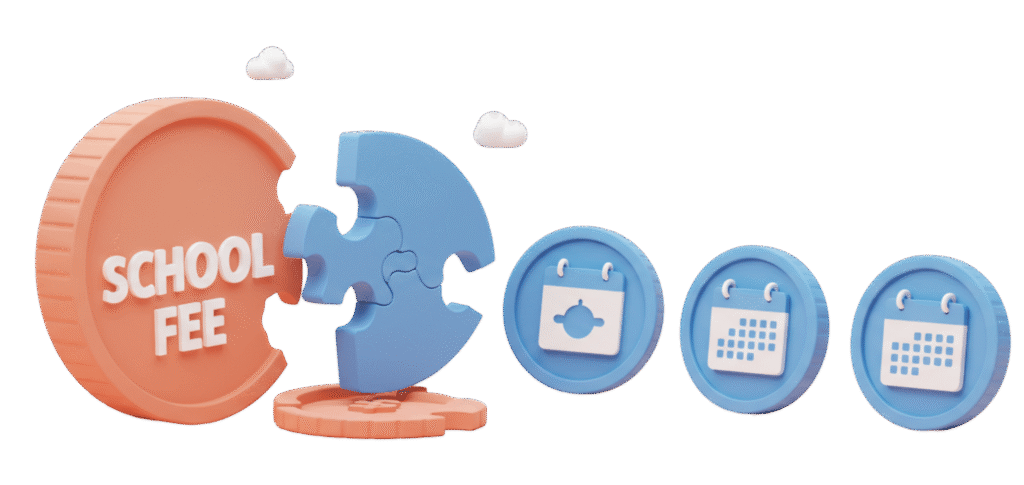Table of Contents
The education sector in Saudi Arabia is undergoing a rapid digital transformation, aligning with Saudi Vision 2030. One of the key pillars of this transformation is the adoption of electronic payment systems. Managing tuition fees has always been a challenge for schools, whether it’s following up with parents or dealing with late payments. As we move into 2025, relying on traditional methods such as cash payments or manual transfers is no longer suitable — automated payment systems like C-Pay have become essential.
Why Do Saudi Schools Need Payment Automation?
1. Time and Effort Savings
Private and international schools in Saudi Arabia spend countless hours on payment follow-ups. With C-Pay, the administrative burden is significantly reduced, as payments are processed electronically in real time.
2. Convenience for Parents
Parents in the Saudi market are seeking flexible, easy payment solutions. Through C-Pay, they can pay via Mada, STC Pay, bank cards, or digital wallets — without the need to visit the school in person.
3. Accurate Financial Reporting
School administrators require a clear view of cash flow. Payment automation provides real-time reports showing paid and overdue fees, making financial planning much more confident and informed.
4. Compliance with Cybersecurity Standards
With a strong emphasis on data protection in Saudi Arabia, schools need solutions that comply with national cybersecurity regulations. C-Pay ensures secure payment transactions in line with high banking standards.
Challenges Facing Saudi Schools
1. Traditional Payment Culture
Some parents still prefer paying in cash. Overcoming this challenge requires awareness and incentives, such as discounts for electronic payments.
2. Peak Academic Seasons
At the start of each academic year, schools face financial pressure due to an influx of payments. The solution is to offer installment plans through C-Pay, spreading payments across the year.
3. Diversity of Schools
From private schools to international institutions, each school has different needs. Therefore, the Saudi education sector requires a flexible system like C-Pay that can be adapted to various school types.
How Does C-Pay Benefit Saudi Schools in Practice?
- A private school in Riyadh adopted electronic payments via C-Pay and was able to reduce administrative collection time by 60%.
- An international school in Jeddah offered monthly installment payments through the platform, which increased parent satisfaction and reduced late payments.
- A middle school in Dammam benefited from real-time reporting, allowing for more effective follow-up on overdue payments and better communication with parents.

Conclusion
As we enter 2025, payment automation is no longer an optional luxury for Saudi schools — it has become a necessity to ensure efficient financial management and enhance the parent experience. Schools that adopt solutions like C-Pay will not only align with Vision 2030, but also gain a significant competitive edge in Saudi Arabia’s educational market.



